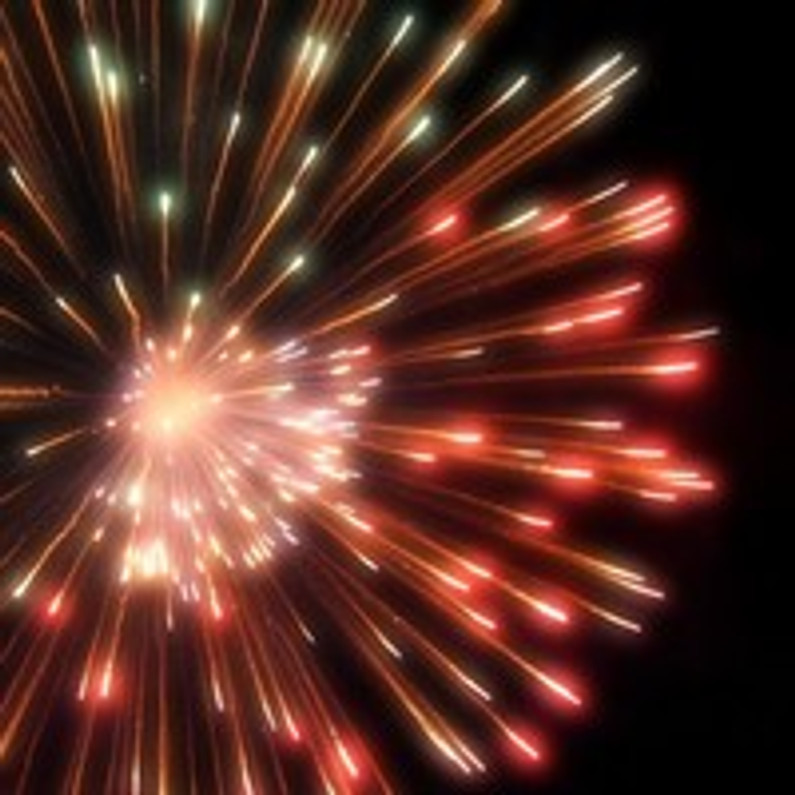Fireworks Safety 101: Have a Safe, Accident-Free July Fourth
The Fourth of July is right around the corner, which means millions of individuals and their families will be setting off fireworks in celebration of our nation's independence. Before you place a lighter or match to those fireworks, though, you should familiarize yourself with some basic safety tips regarding the use of fireworks.
According to the U.S. Consumer Product Safety Commission (CPSC), approximately 200 people visit hospital emergency rooms around the Fourth of July for fireworks-related injuries. Unfortunately, doctors report that most of these injuries involve children under the age of 14.
"Children are more susceptible to injury because they’re curious when they see the colors from the fireworks or the fire. They also have thin skin, so it burns easily," said Becky Mundy, education coordinator at Akron Children’s Hospital’s Burn Center.
But bodily injury isn't the only problem associated with improper use of fireworks. There are more house fires started on the Fourth of July than any other day in the year. Each and every firework that's shot into the air must come down, and in some cases fireworks land on roofs, buildings, storage sheds and other structures.
First and foremost, you should check to make sure fireworks are legal in your area. Laws regarding the purchase and use of fireworks vary from state to state. Failure to abide by the law could result in a fine and/or jail time. Granted, most police departments will probably will probably cite offenders with a ticket rather than jail time, you still don't want a visit by the local law enforcement while you're trying to enjoy your July Fourth holiday.
Visit http://blog.usa.gov/post/54109217133/are-fireworks-legal-in-your-state/ for an up-to-date list of state firework laws.
General Firework Safety Tips:
- Don't assume that sparklers are safe for children to play with. These otherwise simple handheld fireworks can generate heat in excess of 1800 degrees Fahrenheit -- hot enough to melt gold!
- Only use fireworks in an open outdoor area.
- Read the product's instruction label before attempting to use any fireworks.
- Keep a garden hose or bucket of water nearby in the event of a fire.
- I'm sure this is common sense to most people, but you should never point a firework at any person, animal, or structure.
- After lighting fireworks, immediately back several feet away.
- Do not attempt to relight fireworks that did not properly go off the first time.
- Douse spent fireworks in water before disposing them.
- Do not store fireworks in your pockets.
Recent Posts
-
Fire Safety in the Workplace: What You Need to Know
What steps are you taking to prevent fires in your workplace? According to the U.S. Occupational Saf …Aug 23rd 2023 -
Is It Safe to Go Jogging With a Cold Infection?
If you're suffering from a cold infection, you might be wondering whether it's safe to go jogging. T …Aug 22nd 2023 -
5 Safety Tips to Follow When Using a Powder-Actuated Tool
Powder-actuated tools are commonly used to join materials to steel and concrete. Also known as Hilti …Aug 20th 2023




